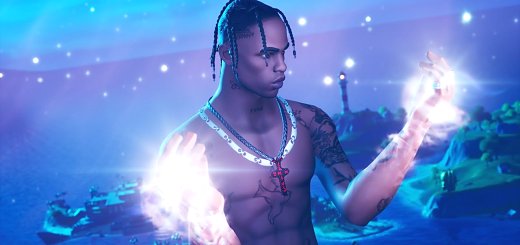The solution to the complexities of the music industry - web3!

Decential shares an interesting outtake from the latest Water & Music academy on global music rights: "To be fully licensed a startup would have to speak to about 150 entities and spend between $500,000 to $750,000 in legal fees. And being licensed then means you have to pass about 85 percent of your revenue straight to the rightsholders – one of the reasons Spotify has such slim margins. So unless you’re a massive platform with a savvy team, there’s not much you can do to disrupt entrenched power dynamics". “Music innovation only stays innovative until they start to touch rights and licensing, Is it any wonder that the last great innovation was Spotify?” - Dan Fowler, director of Open Source Projects at HIFI Labs and author of newsletter Liminal Spaces, said. The solution the academy has offered? Web3.














